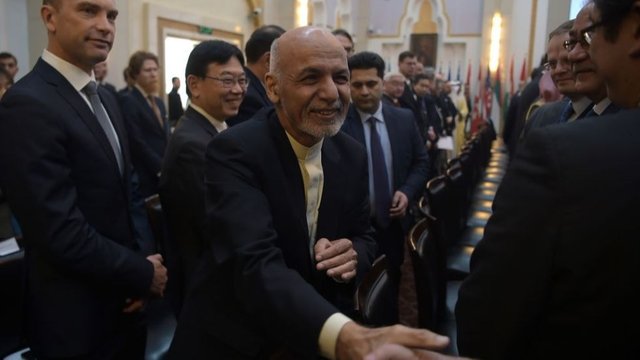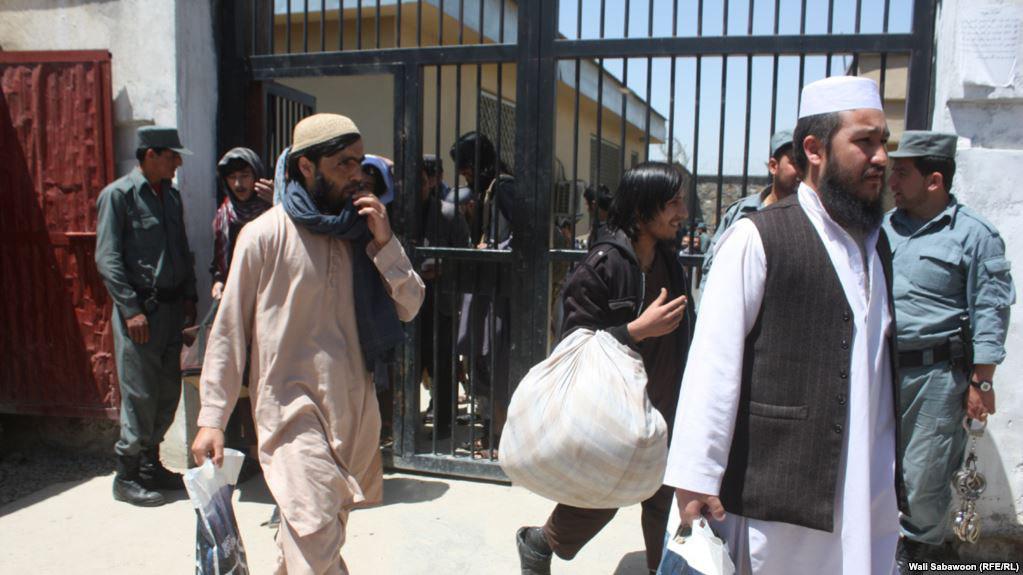The United States has no plans to end the war in Afghanistan despite knowing full well that there is no military solution to the ongoing conflict in the country, says an American political commentator, arguing that America’s interests in the Asian country far outweigh the costs of war.
Publish dateWednesday 21 November 2018 - 01:39
Story Code : 174416
AVA- Stephen Lendman, a Chicago-based author and radio host, made the remarks while discussing remarks by General Joseph Dunford, chairman of the Joint Chiefs of Staff, who admitted that the Taliban "are not losing" in Afghanistan.
Speaking during a discussion at a security forum in Halifax, Nova Scotia, on Sunday, the top US military officer said much more needed to be done to bring peace to the war-torn country 17 years into the longest war in American history.
Dunford admitted “what has been well known for so many years; that the war in Afghanistan is something America can never win, no matter how long they fight it,” Lendman told media on Tuesday.
Lendman said the war was part of a regional plot by the CIA and the Mossad to steal Afghanistan’s vast mineral resources
While the US Department of Defense’s estimates have put Afghanistan’s untapped wealth of gold, copper, uranium and other rare-earth minerals at well around $1 trillion, Afghan officials’ latest geological studies hint at figures three times larger.
The number can probably explain Washington’s willingness to continue the war in Afghanistan, which has dragged on for 16 years and has cost the US economy more than $714 billion dollars, according to the Pentagon's Special Inspector General for Afghanistan Reconstruction (SIGAR) July report.
The second longest war in the US history has also killed over 2,000 American soldiers and injured 20,000 more.
“That’s certainly something for America to wage war over, so the idea is that America wants to be controlling these resources,” he added.
Afghanistan’s strategic importance for the US was another reason that the war has continued for so long, Lendman argued.
“It’s a land-based aircraft carrier targeting Russia, targeting Iran” and other neighboring countries such as Pakistan, he further argued.
Noting that Washington had failed to weaken the Taliban over the years, Lendman predicted that the militant group could continue the war for another 18 years.
The US government's overseer for the military push in Afghanistan warned in a report earlier this month that the Taliban had cemented their position by taking control over larger chunks of the country while the Afghan government had seen its control shrink to about 56 percent of the land -- down from 72 percent in 2015.
Speaking during a discussion at a security forum in Halifax, Nova Scotia, on Sunday, the top US military officer said much more needed to be done to bring peace to the war-torn country 17 years into the longest war in American history.
Dunford admitted “what has been well known for so many years; that the war in Afghanistan is something America can never win, no matter how long they fight it,” Lendman told media on Tuesday.
Lendman said the war was part of a regional plot by the CIA and the Mossad to steal Afghanistan’s vast mineral resources
While the US Department of Defense’s estimates have put Afghanistan’s untapped wealth of gold, copper, uranium and other rare-earth minerals at well around $1 trillion, Afghan officials’ latest geological studies hint at figures three times larger.
The number can probably explain Washington’s willingness to continue the war in Afghanistan, which has dragged on for 16 years and has cost the US economy more than $714 billion dollars, according to the Pentagon's Special Inspector General for Afghanistan Reconstruction (SIGAR) July report.
The second longest war in the US history has also killed over 2,000 American soldiers and injured 20,000 more.
“That’s certainly something for America to wage war over, so the idea is that America wants to be controlling these resources,” he added.
Afghanistan’s strategic importance for the US was another reason that the war has continued for so long, Lendman argued.
“It’s a land-based aircraft carrier targeting Russia, targeting Iran” and other neighboring countries such as Pakistan, he further argued.
Noting that Washington had failed to weaken the Taliban over the years, Lendman predicted that the militant group could continue the war for another 18 years.
The US government's overseer for the military push in Afghanistan warned in a report earlier this month that the Taliban had cemented their position by taking control over larger chunks of the country while the Afghan government had seen its control shrink to about 56 percent of the land -- down from 72 percent in 2015.
Source : خبرگزاری Afghn Voice Agency(AVA)
avapress.net/vdccs0qse2bqm08.-ya2.html
Tags
Top hits












